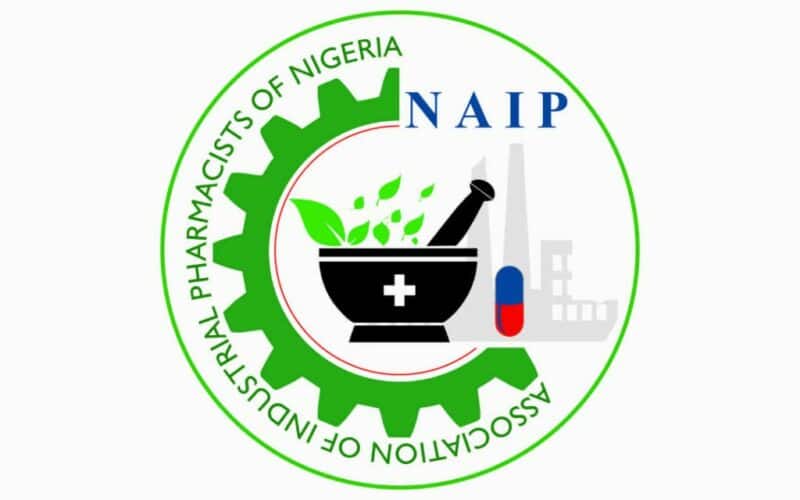The Association of Industrial Pharmacists of Nigeria has urged the Federal Government to support pharmaceutical investors in overcoming the challenges confronting the industry.
According to the National Chairman of the association, Ken Onuegbu, the pharmaceutical sector is experiencing severe economic challenges due to the rise in electricity tariffs, an unstable exchange rate, and the hike in fuel prices.
Speaking at the 2025 Economic Outlook & CEO’s Forum of the association, held in Ikeja, Onuegbu, according to a statement shared with Sunday PUNCH, noted that the industry was among the hardest hit by the economic crisis.
He said the industry has been facing unprecedented uncertainties over the past two years.
Onuegbu stated, “To see an investor in the pharmaceutical industry in Nigeria still standing today is akin to seeing a tough individual who has weathered all the storms. The average investor in the pharmaceutical industry has endured and probably survived countless shocks — from serious economic uncertainties to political and social turmoil, as well as national disasters.
“Many of us have faced personal traumas, including kidnapping, declining health, and violent crimes. This is truly a period of unprecedented struggles and upheavals. From manufacturing to the importation of finished goods, the situation is dire. The entire pharmaceutical value chain is riddled with enormous challenges.
“Have you ever wondered how a manufacturing company manages to secure a stable power supply to produce essential medicines, obtain foreign exchange from the black market, cope with exorbitant diesel prices to power its operations, and distribute products across the country amid worsening security challenges, including kidnapping for ransom?”
Onuegbu also lamented the high cost of clearing pharmaceutical products at the nation’s ports, stating, “A container that previously cost about N10 million to clear now requires at least N30 million.
“The regulatory authorities have not helped matters either. At various times, we have accused them of acting more like revenue-generating enterprises than regulatory bodies. Yet, we continue to complain about the rising cost of essential medicines in Nigeria.”
Speaking at the event, themed ‘2025 Economic Outlook – Surviving the Shocks and Taming the Tides by Pharmaceutical Industry Key Players,’ and chaired by the MD/CEO of Fidson Healthcare, Dr Fidelis Ayebae, the Keynote Speaker, Alex Ayoola Okoh, called for stronger government policy support for the pharmaceutical industry.
Ayebae, who is the former Director-General of the Bureau for Public Enterprises, however, noted that the Central Bank of Nigeria’s intervention fund for the pharmaceutical sector had provided financial support for local firms to expand their production facilities and adopt more cost-effective processes.
He added that the exit of multinational pharmaceutical companies from Nigeria has created significant opportunities for local players, investors, and policymakers to redefine the industry’s future.
“The current macroeconomic environment, characterised by foreign exchange volatility, rising production costs, and supply chain disruptions, has exposed vulnerabilities but also highlighted areas where local manufacturing, research, and strategic partnerships can thrive,” he said.







